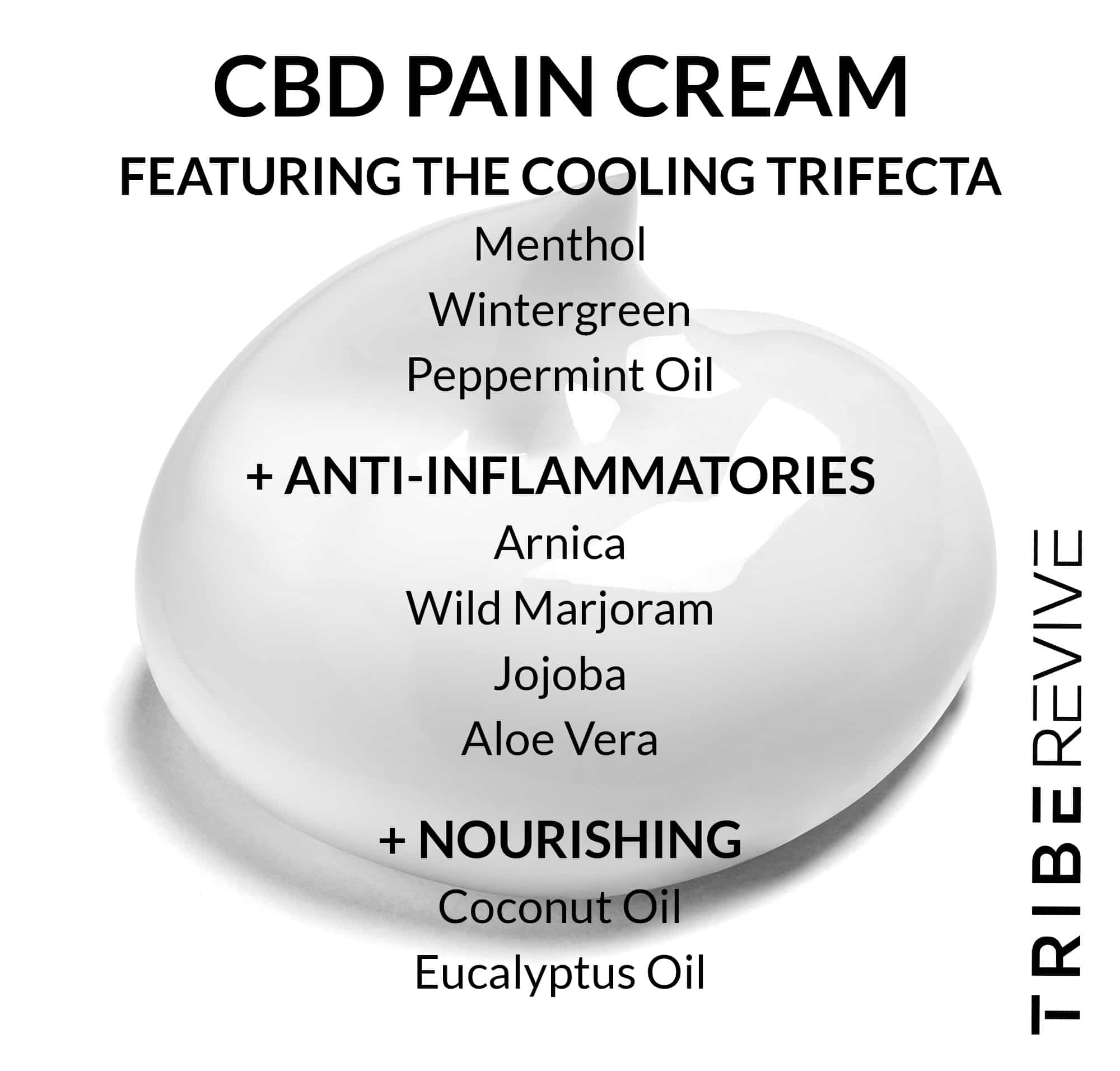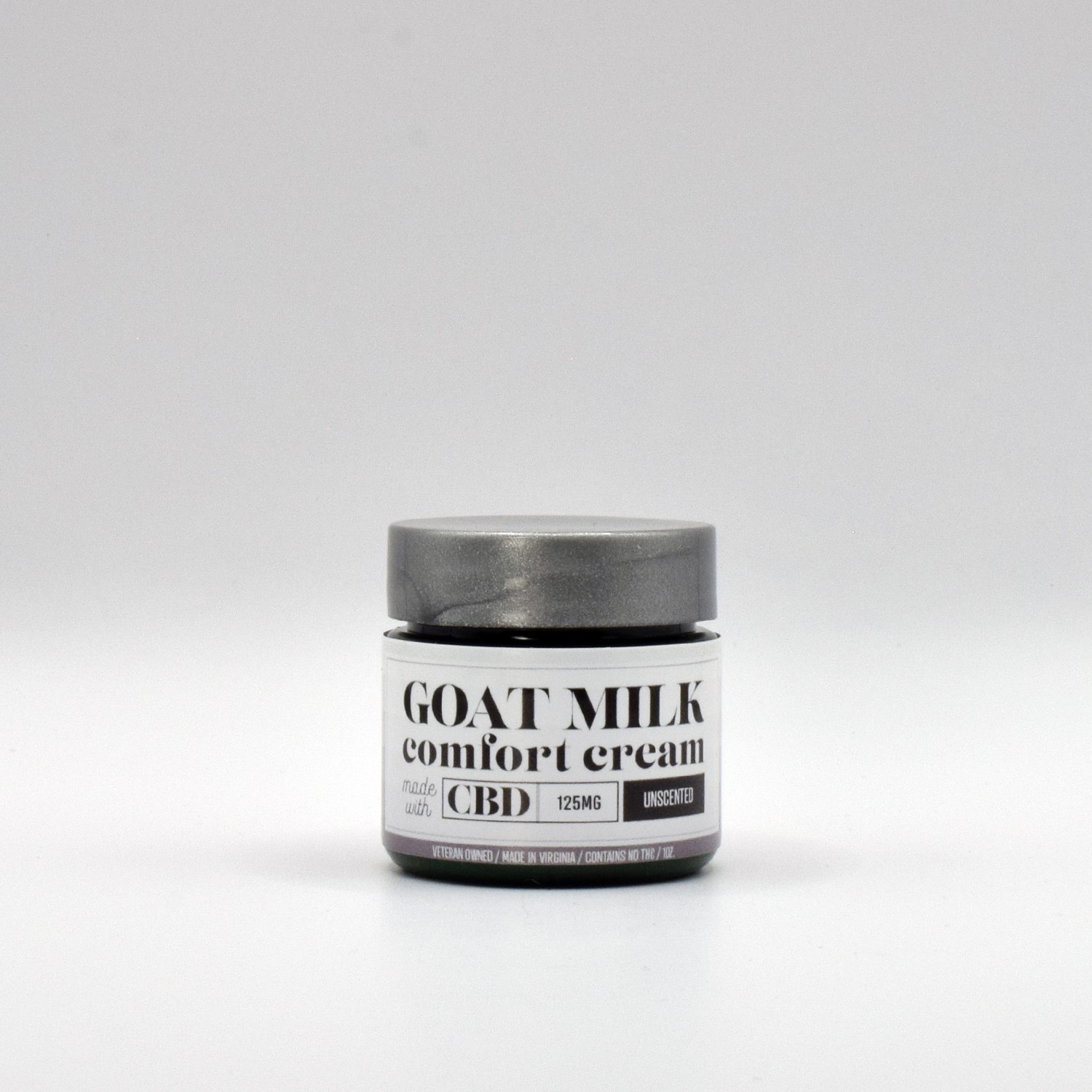How Quiet Monk CBD Can Support Your Daily Wellness Routine
How Quiet Monk CBD Can Support Your Daily Wellness Routine
Blog Article
The Duty of CBD Products in Supporting Wellness and Alleviating Discomfort: A Thorough Take A Look At Their Benefits
The emergence of CBD items has stimulated considerable passion within the medical care community, largely due to their capacity in promoting health and wellness and reducing discomfort. Discovering these aspects may reveal not just the extent of CBD's restorative capacity but also its effects for future health and wellness methods.
Comprehending CBD and Its Properties
CBD, or cannabidiol, is a substance obtained from the marijuana plant, known for its possible therapeutic residential properties. Unlike its even more well-known counterpart, THC (tetrahydrocannabinol), CBD is non-psychoactive, meaning it does not produce the "high" commonly connected with cannabis usage. This particular makes CBD particularly appealing for those seeking relief from different health and wellness concerns without the envigorating impacts.
CBD engages with the endocannabinoid system (ECS) in the human body, which plays a critical role in maintaining homeostasis. The ECS makes up receptors, endocannabinoids, and enzymes that work together to control different physical procedures, consisting of state of mind, rest, and immune feedback. Study shows that CBD might affect the ECS by boosting the levels of endocannabinoids or by regulating receptor task.
In enhancement to its communication with the ECS, CBD displays anti-inflammatory, antioxidant, and neuroprotective properties. These attributes add to its expanding appeal in the wellness sector, particularly for handling problems such as anxiousness, chronic pain, and sleep problems. As clinical query right into CBD proceeds, its possible applications in health and wellness and wellness remain a vibrant location of exploration.
Mechanisms of Discomfort Alleviation
The mechanisms of discomfort alleviation connected with cannabidiol (CBD) involve intricate interactions within the body's endocannabinoid system (ECS) By binding to these receptors, CBD might modulate natural chemical release and reduce the transmission of discomfort signals.
Additionally, CBD has been shown to have anti-inflammatory homes, which contribute to its analgesic effects. By inhibiting the production of pro-inflammatory cytokines and mediators, CBD can help minimize pain related to inflammatory problems. In addition, CBD might enhance the levels of endocannabinoids, such as anandamide, which can even more promote discomfort alleviation with raised receptor activation.
Moreover, CBD's influence on the serotonin system may provide added pathways for pain modulation. By communicating with serotonin receptors, CBD may ease pain and enhance total well-being. Jointly, these mechanisms show exactly how CBD can work as a complex agent in the administration of pain, using possible advantages for individuals experiencing from different uncomfortable problems.
CBD for Anxiety Management
Stress and anxiety problems influence millions of individuals worldwide, prompting the expedition of different treatment alternatives, consisting of all-natural remedies. Cannabidiol (CBD), a non-psychoactive compound originated from the cannabis plant, has acquired attention for its potential role in anxiousness monitoring. Study recommends that CBD might connect with the endocannabinoid system, which plays an important role in managing state of mind and stress and anxiety feedbacks.

Unlike traditional anxiolytic medications, CBD provides a desirable side result account, making it an attractive option for those seeking choice treatments. Individuals often report feeling calmer and much more unwinded without the sedation commonly connected with pharmaceutical therapies. While more research study is required to establish optimum dosages and long-term results, the existing proof highlights CBD's possible as an important device in managing stress and anxiety disorders and improving general psychological well-being.
Anti-Inflammatory Results of CBD
Many researches have highlighted the anti-inflammatory homes of find more info cannabidiol (CBD), showing its prospective as a therapeutic representative for different inflammatory conditions. CBD communicates with the body's endocannabinoid system, which plays an important function in regulating immune reactions and inflammation. By modulating the task of specific receptors, CBD can help in reducing the production of pro-inflammatory cytokines and hinder the activation of immune cells that contribute to swelling.
This visit homepage anti-inflammatory impact is especially helpful for people struggling with chronic inflammatory diseases such as joint inflammation, numerous sclerosis, and inflammatory digestive tract illness - Quiet Monk CBD. By reducing swelling, CBD not just assists to lower pain however additionally enhances general lifestyle for affected individuals
In addition, CBD's non-psychoactive nature makes it an appealing alternative for those seeking relief without the envigorating effects related to tetrahydrocannabinol (THC) As an all-natural substance, CBD supplies a promising option to standard anti-inflammatory drugs, which typically feature a series of adverse effects. Proceeded study right into the specific mechanisms whereby CBD exerts its anti-inflammatory effects will certainly even more brighten its prospective as a safe and effective therapy for various inflammatory disorders.
Current Research and Searchings For
Recent investigations right into the therapeutic capacity of cannabidiol (CBD) have yielded appealing outcomes, highlighting its efficacy in handling different health and wellness problems, especially discomfort and swelling. Countless researches have actually highlighted CBD's capacity to regulate discomfort paths and minimize inflammatory actions, making it a prospect for treating problems such as joint inflammation, neuropathy, and persistent discomfort disorders.
A methodical evaluation published in 2023 synthesized findings from numerous professional tests, revealing that CBD considerably eased pain in participants with persistent problems, commonly creating fewer negative effects than standard analgesics. Moreover, study suggests that CBD may engage with the endocannabinoid system, affecting discomfort assumption and inflammatory processes.

Final Thought
Finally, CBD products display substantial possibility in advertising wellness and reducing pain through their unique interaction with the endocannabinoid system. Their anti-inflammatory, antioxidant, and neuroprotective properties contribute to effective discomfort modulation and anxiety decrease. Continuous research proceeds to uncover the substantial benefits of CBD, developing it as a promising natural treatment. As understanding of its devices deepens, CBD's function in enhancing overall well-being ends up being increasingly evident in both clinical and restorative contexts.
Report this page